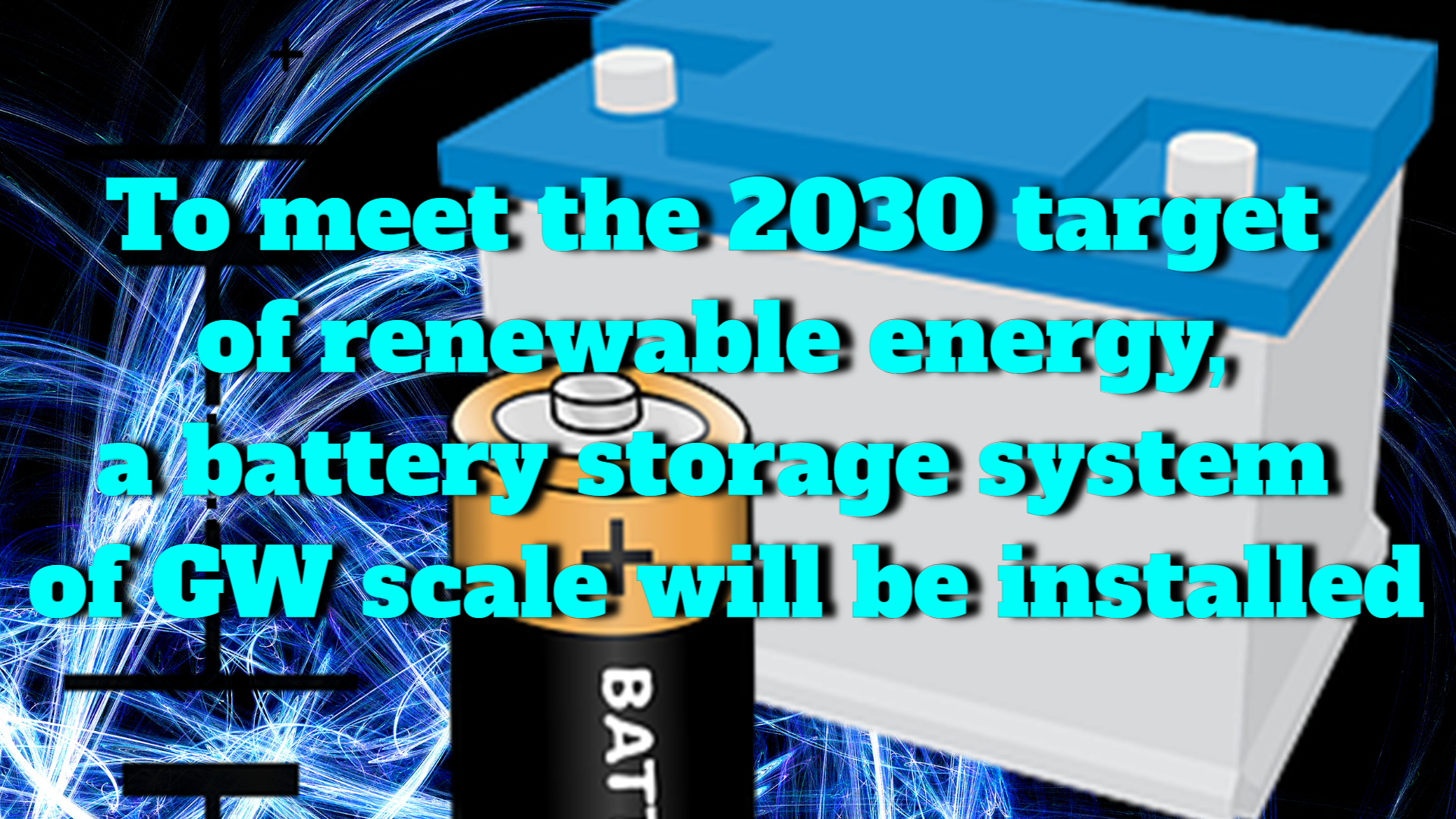With approval from the central government, a pilot project to install a 1000 MWh Battery Energy Storage System (BESS) has been invited for expressions of interest. As a result of the decision, the Ministry of New and Renewable Energy will be well on its way to meeting its 2030 goal to generate 450 GW of renewable energy. The government is preparing a request for proposals for grid-scale battery storage solutions. NTPC Ltd has also launched a global tender for the construction of 1GWh of battery storage. According to the country’s Central Electricity Authority, there will be a demand for 27GW of Indian battery energy storage systems by 2030.
Key Highlight:
- The central government has approved requesting expressions of interest in installing a 1000 MWh Battery Energy Storage System as part of a pilot project.
- NTPC Ltd has also launched a global tender for the construction of 1GWh of battery storage.
- According to the country’s Central Electricity Authority, there will be a demand for 27GW of Indian battery energy storage systems by 2030.
- India has already deployed 100 gigawatts of solar and wind power, with another 63GW under construction.
- The government is preparing a request for proposals for grid-scale battery storage solutions.
- The goal is to reduce expenditures on transmission infrastructure expansion.
- India is running the world’s largest clean energy program, with a goal of producing 175 gigawatts (GW) of renewable power by 2022.
To help India meet its renewable energy targets, the central government has approved requesting expressions of interest in installing a 1000 MWh Battery Energy Storage System (BESS) as part of a pilot project. This is a significant step forward for the country.
As a result of the decision, the Ministry of New and Renewable Energy will be well on its way to meeting its 2030 goal to generate 450 GW of renewable energy.
The government has approved a grid-scale battery storage system of one gigawatt-hour (GWh) for use by the state-owned Solar Energy Corp. of India (SECI).
The Ministry of New and Renewable Energy’s SECI, a CPSU, has requested expressions of interest in acquiring 1000 MWh BESS from private companies. All of this will be made public together with RFS’s bid document and a complete draft procurement and use guideline for BESS in conjunction with other assets and services.
Following government permission, the EoI will be discussed at a pre-bid conference on October 28th, 2021, at 4 p.m..
There are six primary areas where India intends to make use of energy storage systems:
India’s renewable energy will be integrated into the country’s power infrastructure with energy storage systems as part of the push towards “Green Energy” ambitions.
The energy storage technology will be utilized as a grid element to get the most out of the transmission system. The goal is to reduce expenditures on transmission infrastructure expansion.
The third use for Energy Storage is to help balance services and operate more flexibly. For frequency control and balancing services to manage the inherent uncertainty/variations in load caused by un-generation, system operators or load dispatchers (RLDCs and SLDCs) can utilize these storage systems.
Additionally, the distribution system will make use of Energy Storage. It might be located in the load center when it comes to managing peak load and other responsibilities.
A merchant capacity will be used to sell the energy storage system developer’s product in the power market under business scenarios.
The business mentioned above models can be combined with it to create new ones.
Renewably sourced energy is a “necessity” for India.
As of now, India is running the world’s largest clean energy program, with a goal of producing 175 gigawatts of renewable power by 2022, including 100 gigawatts of solar.
The government intends to issue a request for proposals for the construction of a grid-scale battery storage system at regional load dispatch centers with a capacity of approximately 4GWh.
Additionally, the state-owned NTPC Ltd. has launched a global tender for the construction of a 1GWh grid-scale battery storage system. According to India’s Central Electricity Authority, grid-scale battery energy storage facilities with a storage capacity of four hours will be required by 2030, totaling 27GW.
Potential Hydro-pump Storage Systems in the Future
Indian renewable energy majors are becoming interested in hydropower projects as well as Battery Energy Storage systems.
Off-peak hours will be used to elevate water to a certain height and then discharge it into another reservoir to produce electricity. Thus, India’s ability to reduce the cost of energy generation while still achieving its Green Energy targets will be aided.
As part of its green energy goals, India has already deployed over 100 gigawatts (GW) of solar and wind power, with another 63GW under construction.
Since solar and wind power are being increasingly integrated into the grid, a storage mechanism is needed to help keep the national electrical grid in balance. Thus, the government’s decision to accept the expression of interest for installing a 1000 MWh battery energy storage system will help India’s green energy goals.
Solar Energy Corporation of India invites EoI bid for installation of 1000 MWh Battery Energy Storage System
— InfraStory (@marinebharat) October 14, 2021
This strengthens our national electricity grid & reduces fluctuations.
‘500MW / 1,000MWh of standalone battery energy storage systems (BESS) would be connected to the Indian inter-state transmission system (ISTS)’
— Commercial Solar Guy (@SolarInMASS) October 15, 2021
Bidding process starts in two weekshttps://t.co/fLl75f5L4q





[…] To meet the 2030 goal of renewable energy, one GW battery… […]